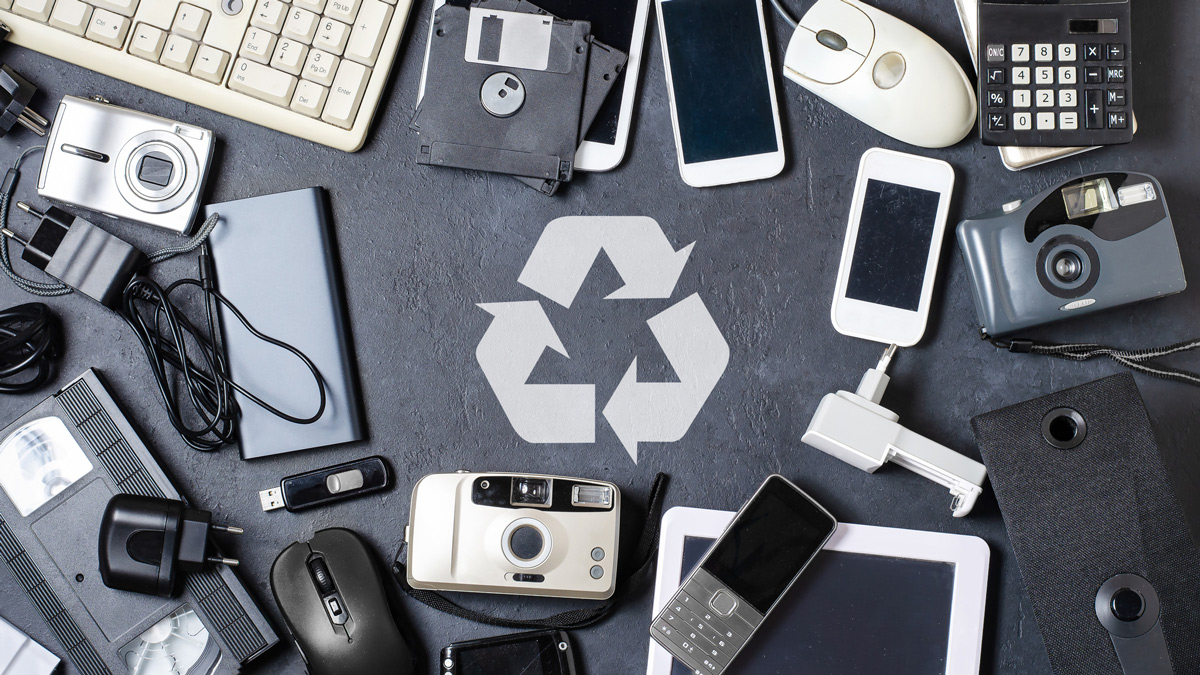Eco-Friendly E-Waste Disposal: Handle Responsibly
Electronic waste, or e-waste, poses a significant environmental challenge due to the hazardous materials it contains. This article explores the importance of responsibly disposing of e-waste and provides practical tips for individuals and businesses to contribute to a sustainable solution.
Understanding the Impact of E-Waste
E-waste comprises discarded electronic devices, including computers, smartphones, and appliances. These devices often contain toxic substances like lead, mercury, and cadmium. When improperly disposed of in landfills, these substances can leach into the soil and water, posing serious health and environmental risks.
The Urgency of Responsible Disposal
As technology advances, the rate of e-waste generation continues to rise. Responsible disposal becomes crucial to prevent environmental pollution and protect human health. It is vital to recognize the urgency of adopting sustainable practices when it comes to handling electronic devices at the end of their life cycle.
Explore Recycling Options
One of the most effective ways to dispose of e-waste responsibly is through recycling. Many communities and electronic manufacturers offer recycling programs. Research local recycling centers or take advantage of manufacturer-led initiatives that facilitate the proper recycling of electronic devices. This ensures that valuable materials are recovered and reused.
Certified E-Waste Recycling Facilities
When choosing a recycling facility, opt for those certified for e-waste recycling. Certification ensures that the facility adheres to environmental standards and employs practices that minimize the release of hazardous substances during the recycling process. Look for e-stewards or R2 certifications as indicators of responsible recycling practices.
Data Security Considerations
Before disposing of electronic devices, it is crucial to address data security concerns. Ensure that all personal and sensitive information is permanently wiped from devices. Use reputable data erasure tools or seek professional services to safeguard your privacy during the disposal process.
Donation and Resale Opportunities
Consider donating or reselling electronic devices that are still functional. Many charitable organizations and programs accept used electronics for refurbishment and redistribution to those in need. Reselling devices through online platforms is another eco-friendly option that extends the product’s life cycle.
Take-Back Programs from Manufacturers
Several electronic manufacturers offer take-back programs, allowing consumers to return old devices for proper disposal or recycling. Research the policies of the manufacturers of your electronic devices to find out if they have such programs in place. Taking advantage of these programs contributes to responsible e-waste management.
Legislation and E-Waste Responsibilities
Be aware of local and national legislation regarding e-waste disposal. Some regions have specific regulations and guidelines to ensure responsible handling of electronic waste. Familiarize yourself with these regulations and follow recommended practices to align with legal requirements for e-waste disposal.
Educate and Raise Awareness
Promoting awareness about the importance of responsible e-waste disposal is crucial. Educate your community, workplace, or social circles about the environmental impact of improper disposal practices. Encourage responsible habits such as recycling, donating, or participating in take-back programs.
Conclusion: A Collective Responsibility
Disposing of e-waste responsibly is not only an individual responsibility but a collective effort. By adopting sustainable practices, recycling, and raising awareness, individuals and businesses contribute to a healthier planet. Embrace the mindset that responsible e-waste disposal is an integral part of our commitment to environmental stewardship.
For detailed guidance on disposing of e-waste responsibly, visit thietbidinhvithongminh.com.

